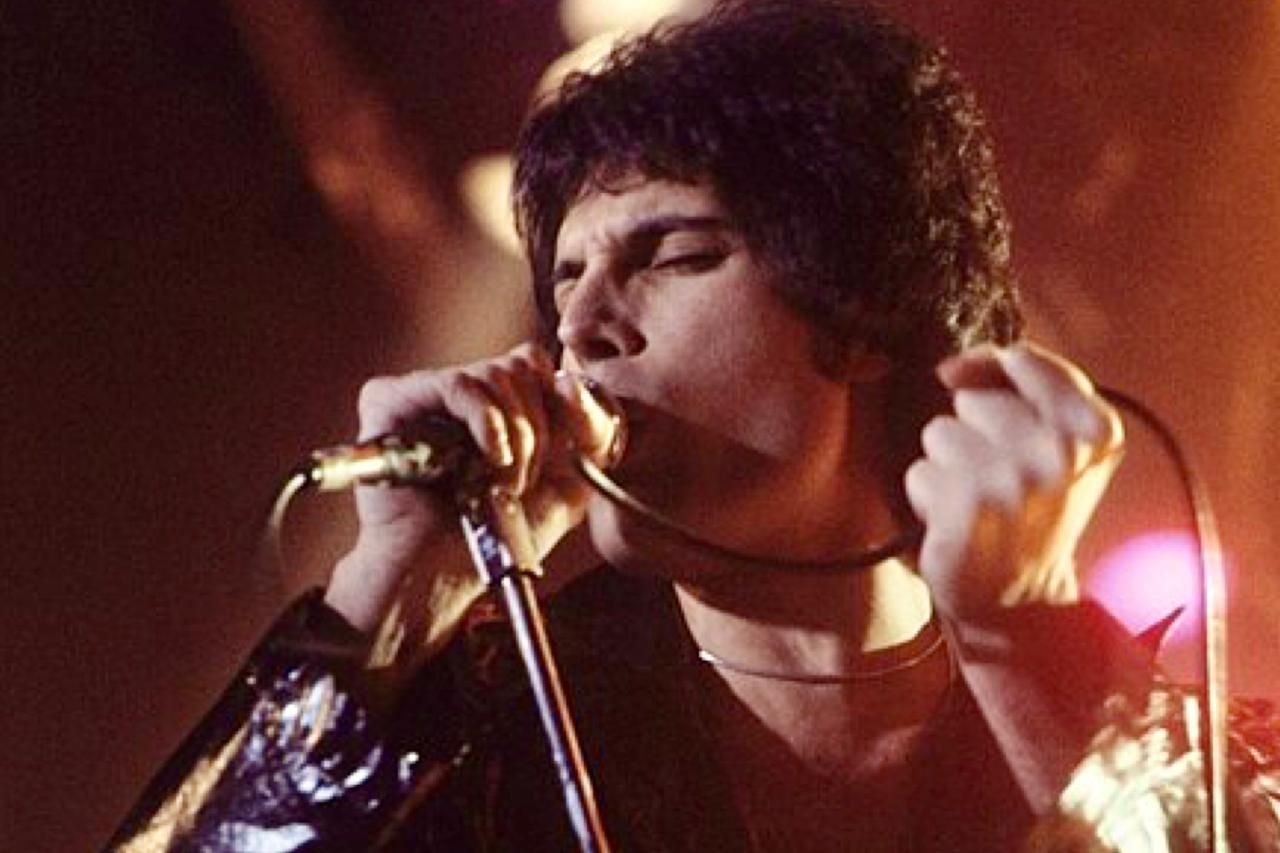
Tribute bands are taking audiences on a nostalgic journey, reviving the music of iconic artists like Queen, Pink Floyd, and Dire Straits. These performances offer fans a chance to relive the magic of their favorite bands, even decades after their prime.
Immortal, or almost: Queen, Dire Straits, Pink Floyd, Abba, and other legendary artists are brought back to life through “tributes,” these acts that let audiences relive “something impossible” by taking them back in time and through hit songs.
“Freddie, I love you!” shouts a Mercury fan, as “We Are the Champions” echoes through the Dôme de Paris. The only issue is that the real Mercury passed away in 1991. Surrounded by his musicians, the man on stage is none other than Scotsman Gary Mullen, who perfectly channels his idol—voice, costumes, and even his swagger.
To the point that Freddie Mercury’s own mother was astonished. “At the end of the concert, she told him, ‘Thanks to you, tonight I saw my son alive on stage,’” recalls Richard Walter, a producer who manages several tribute acts, including One Night of Queen, speaking to AFP.
Positioning himself as the one who “brought this phenomenon to France” about fifteen years ago, he recalls that at first, French venues were not very keen on this type of concert, which was already a hit in English-speaking countries.
“Everyone laughed at me and said, ‘But you’re crazy, who’s going to see fakes?’” recounts Richard Walter, who was initially taken by a Led Zeppelin tribute act. France, used to Johnny Hallyday or Claude François look-alikes—like the Cloclo impersonator in the 2004 movie Podium—gradually embraced the genre.
“We’re allowing people to relive something impossible for one night,” summarizes Mr. Walter. By seeing—or almost seeing—their youth idols again, spectators also relive memories of an era.
Unquestionable Success
To create a good tribute, you first need to pay homage to an artist or band with undeniable success, preferably in the pop or rock genre, from the ’80s or ’90s. Either the repertoire of a deceased singer or a living star who is no longer performing.
Without deceiving the audience, the tribute’s name should clearly reference the original band or artist (such as L'Héritage Goldman, Abba Gold, So Floyd, Queen Extravaganza), sometimes with a playful twist like Letz Zep (Led Zeppelin) or The Rabeats (The Beatles).
Some productions have even been endorsed or created with members of the original bands: L'Héritage Goldman features Michael Jones, Jean-Jacques Goldman’s former collaborator, while The Dire Straits Experience is led by Chris White, the band’s saxophonist.
The Australian Pink Floyd Show, a Pink Floyd tribute act that started in Australian pubs and has been touring for three decades, was recognized by David Gilmour and Nick Mason.
“In two centuries, we won’t be around anymore, but there will still be orchestras playing Pink Floyd. It will become the new classical music,” asserts Matthieu Drouot, CEO of Gérard Drouot Productions, another tribute producer.
Word-of-Mouth
Given the enthusiasm, the market is “very promising,” confirms Vincent Dourlet, director of Narbonne Arena in southern France, pointing out that “venues are seeing a lot of demand from producers and acts, so we try to select the best.”
Unfamiliar audiences might sometimes get lost in this abundant and competitive programming. “The market is mature,” notes Richard Walter, who fears that producers may start scheduling “lower-quality acts.” “It’s a bit like original music: each act has to make its reputation and build its image and show, and the best will stand out,” says Matthieu Drouot.
Because even if they resurrect stars with millions of fans, tributes still rely on “word-of-mouth,” according to these producers, without which they would quickly fade into anonymity.
With AFP



Comments